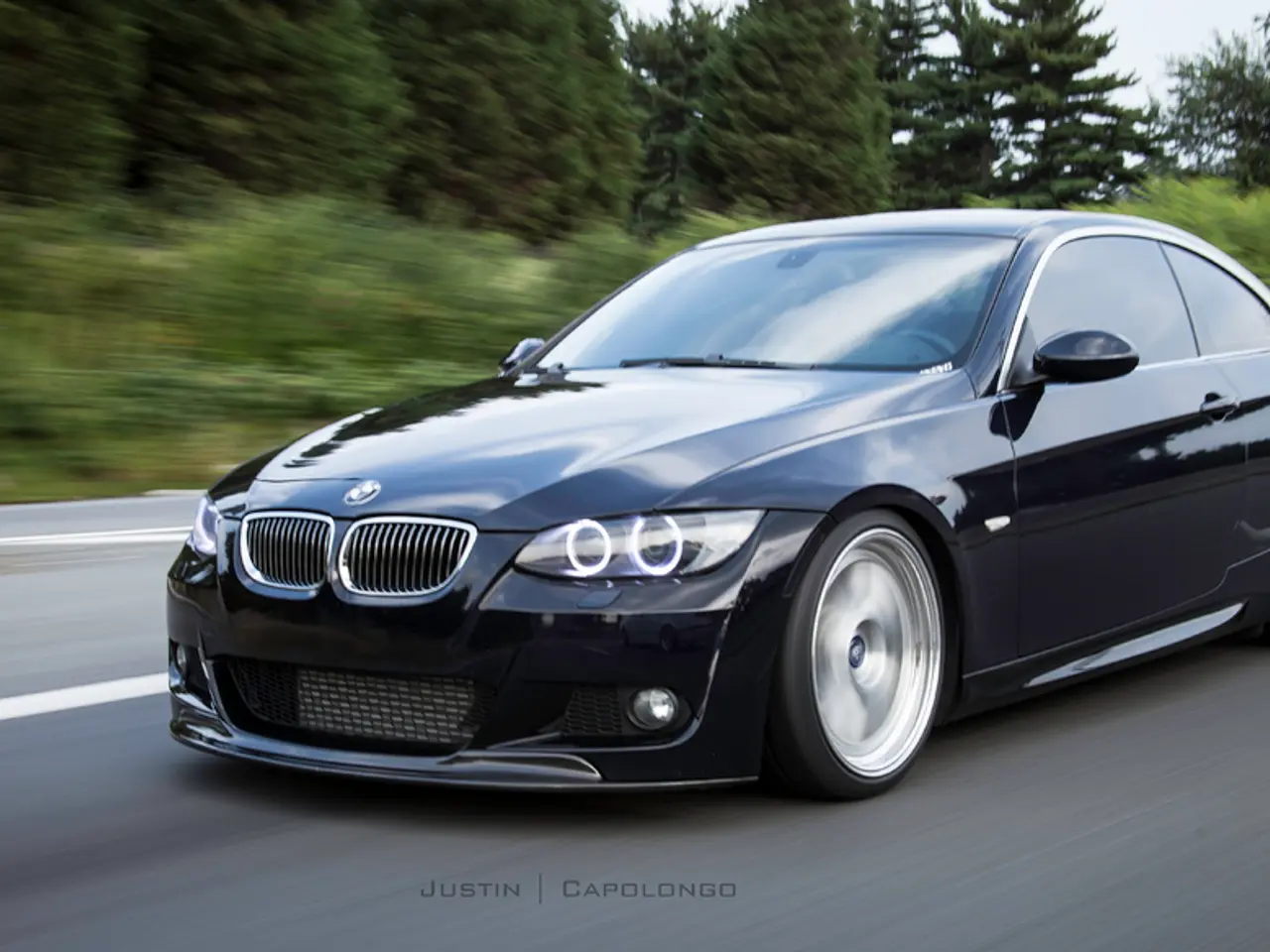BMW experiences a significant decrease in earnings, surpassing 25% reduction
BMW Faces Third Consecutive Year of Declining Profits
BMW, the German luxury car manufacturer, has reported a significant profit decline in the first half of 2021, marking the third consecutive year of falling profits for the company. The decline was attributed to challenging business conditions, particularly tariffs and a weak dollar, which pushed down profit margins in the auto segment.
According to reports, tariffs reduced auto segment profit margins by around two percentage points in the April-June period alone, and are expected to reduce margins by about 1.25 percentage points over the entire year. This tariff burden contributed to a 32% profit drop in the second quarter of 2021.
The weak dollar also affected BMW’s earnings by lowering the value of income from US operations when converted back into euros, exacerbating the pressure on profit margins. Despite these challenges, BMW maintained an automotive segment EBIT margin of around 6.2% in the first half of the year and remained confident in meeting its annual guidance.
However, BMW's strategic production in the US and strong sales there helped stabilize overall volumes and earnings. The company's plant in Spartanburg, US, produces about half of the vehicles sold there, with another 200,000 going to other countries. This footprint in the US helps BMW mitigate tariff impacts, according to Mertl.
Despite the profit decline, BMW is on track to meet its annual targets, thanks to improved efficiency and optimized cost structures. The company plans to introduce more than 40 new and updated models across all segments and powertrains by 2027.
BMW's sales remained nearly stable at around 1.2 million vehicles, but revenue fell by 8% to 67.7 billion euros. Unlike other German automakers, BMW has so far avoided job cuts.
In the global automotive industry, German automakers are currently grappling with US tariffs and intense price competition in China, particularly with electric vehicles. BMW was significantly impacted by tariffs, particularly on exports to the US and the import of electric Minis from China to the EU, for which it pays a 31% duty.
Despite the challenges, BMW Group's CFO, Walter Mertl, stated that despite tariff pressures, the company's business model remains intact. Industry expert Ferdinand Dudenhöffer sees the Neue Klasse as crucial to BMW's future success, especially in the key market of China. The first series vehicle of BMW's new product offensive, the BMW iX3, will be unveiled at the IAA motor show in September.
BMW has not provided a post-tax profit forecast for the rest of the year. However, with 5.7 billion euros pre-tax so far, the company has already achieved more than half of its target of a pre-tax result at last year’s level - around 11 billion euros. Other German automakers such as VW, Audi, and Mercedes-Benz experienced more significant profit losses than BMW.
In the face of the global automotive industry's challenges, such as US tariffs and price competition in China, particularly with electric vehicles, sports car manufacturer BMW continues its investment in the development of new models, planning to introduce over 40 new and updated models across all segments and powertrains by 2027. Despite the tariff impacts, BMW remains involved in sports, as evidenced by the BMW iX3, the first series vehicle of its new product offensive, set to be unveiled at the IAA motor show in September.







